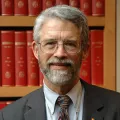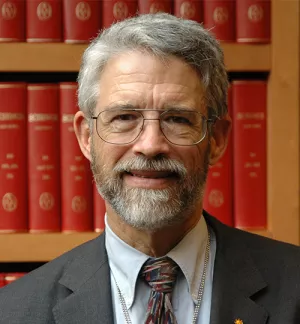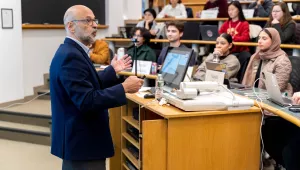FALLING WALLS CIRCLE TABLE
Overview
Science and science policy have always been internationally oriented. National and cultural borders are secondary to the global search for knowledge and scientific breakthroughs. The pandemic is a current example of how, beyond politically difficult times, scientists seek dialogue with another. In particular, a new respect for facts is emerging and politicians are reacting to this in different ways.
What can science and science policy do to jointly overcome the pandemic and other crises for a prospective future of the global society? What is the best case scenario for the dialogue between politics and science? How can science succeed as a diplomacy of trust? These are some of the questions this discussion will seek to answer.
Falling Walls Circle Tables will give the spotlight to world-leading scientists, science strategists, and policy-makers from academia, business, and politics to discuss how we can apply science, research, and innovation to get the world moving again.
Wiarda, Jan-Martin , Andrei Fursenko, Wan Gang, John P. Holdren and Annette Schavan. “Science in a Multilateral World .” Falling Walls Foundation, November 8, 2020





